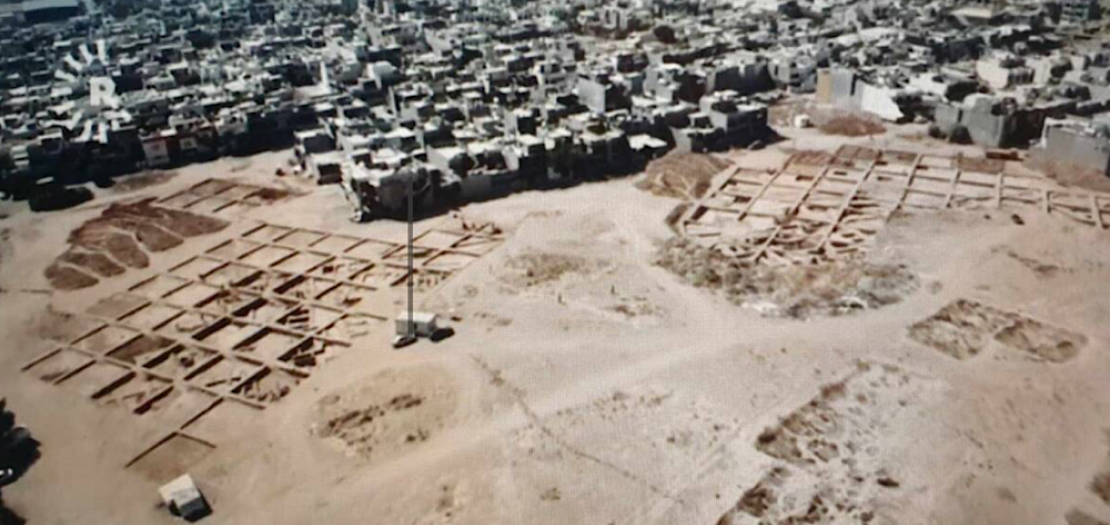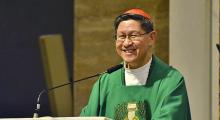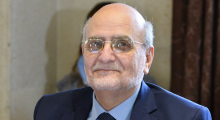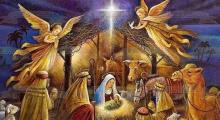Issued by the Catholic Center for Studies and Media - Jordan. Editor-in-chief Fr. Rif'at Bader - موقع أبونا abouna.org

An ancient hill in Kirkuk, an area “originally owned by Christians”, contains many hidden archaeological treasures that still need to be excavated, and for this reason have been targeted by traffickers of cultural property.
According to the Rudaw media network, the issue concerns a hill site with "dozens of artefacts and excavations still largely to be completed", which local groups want to protect from expropriation.
The disputed area covers 23 dunams (about 5.75 hectares) but only 40 per cent has been excavated producing at least 45 archaeological finds.
A local businessman is trying to take over the area from the Kirkuk Department of Antiquities to speed up digging and excavation work.
Some residents have reacted filing a legal challenge to prevent the expropriation, but so far “no action has been taken against him”, a local source said.
“This is an archaeological site, and someone came and claimed to be the owner,” said Raed Al-Obaidi, a resident of Al-Wasiti. In reality, “the land originally belonged to Christians" but this did not stop the attempt to seize it.
Omar Ahmed has doubts about the sale “of lands that contain antiquities, which, in any part of the world, would come under some authority.”
Another member of the group fighting against the sale notes that "these lands are under archaeological restrictions.” Already “over 400 years ago, they were fenced off. Recently, someone arrived and after demolishing the wall, they began to dig, divide the land, and put it up for sale. We are fighting this, but so far we have not been able to do anything.”
Some months ago, the Anti-Abuse Committee filed a complaint against the secretive businessman who is trying to take the land after applying to the relevant authority in Kirkuk, but has not yet received an answer.
Kirkuk Governor Rebwar Taha waded into the matter, saying that artefacts were found at the hill and that he was going to take "legal action" against expropriation attempts.
According to the Chaldean primate, Card Louis Raphael Sako, Iraq’s archaeological heritage has great economic, historical and cultural value, and is the country’s real "black gold”.
Starting when he was archbishop of Kirkuk, the cardinal warned against the dangers that threatened a universal good that had to be protected from theft, illegal trafficking, and even climate change because alone it is worth more than oil.
All Iraqis, not only Christians, must take on this task he said at the International Conference for the Safeguarding of Cultural Heritage in Conflict Areas held in 2016 in Abu Dhabi, United Arab Emirates.







